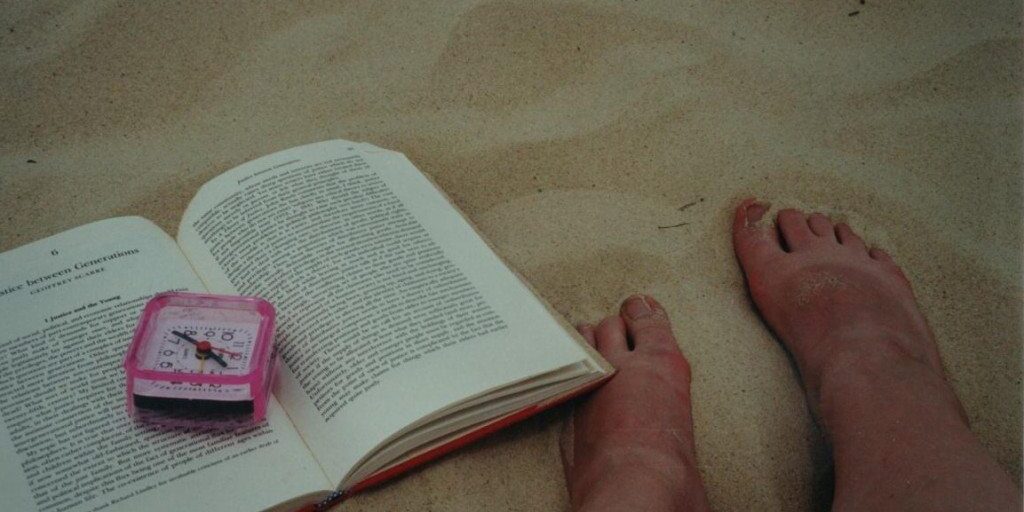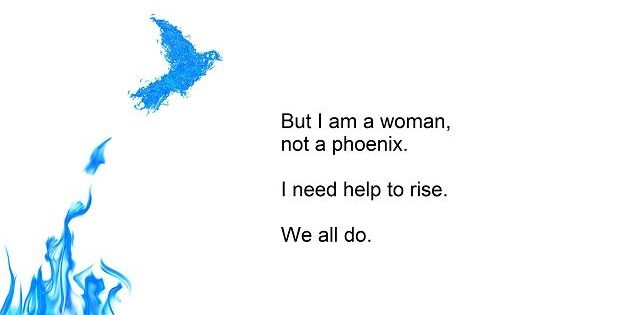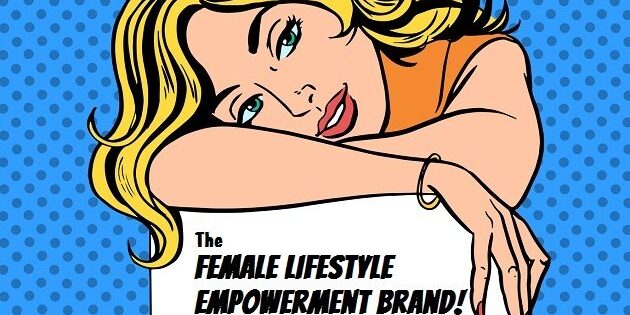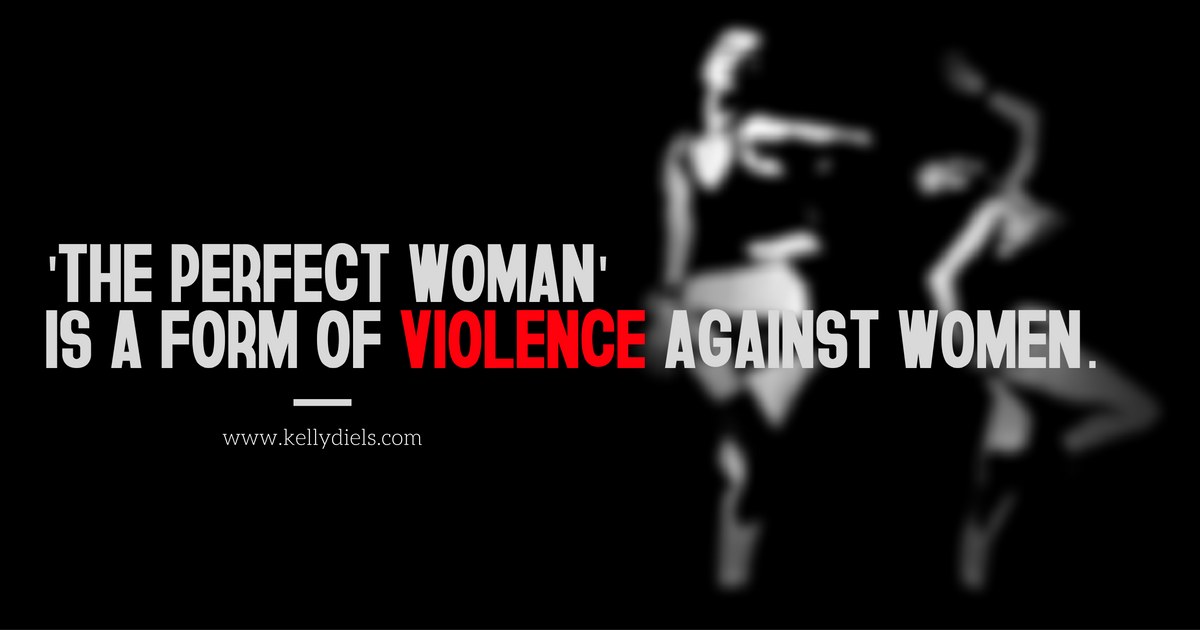
“The Perfect Woman” is a form of Violence Against Women
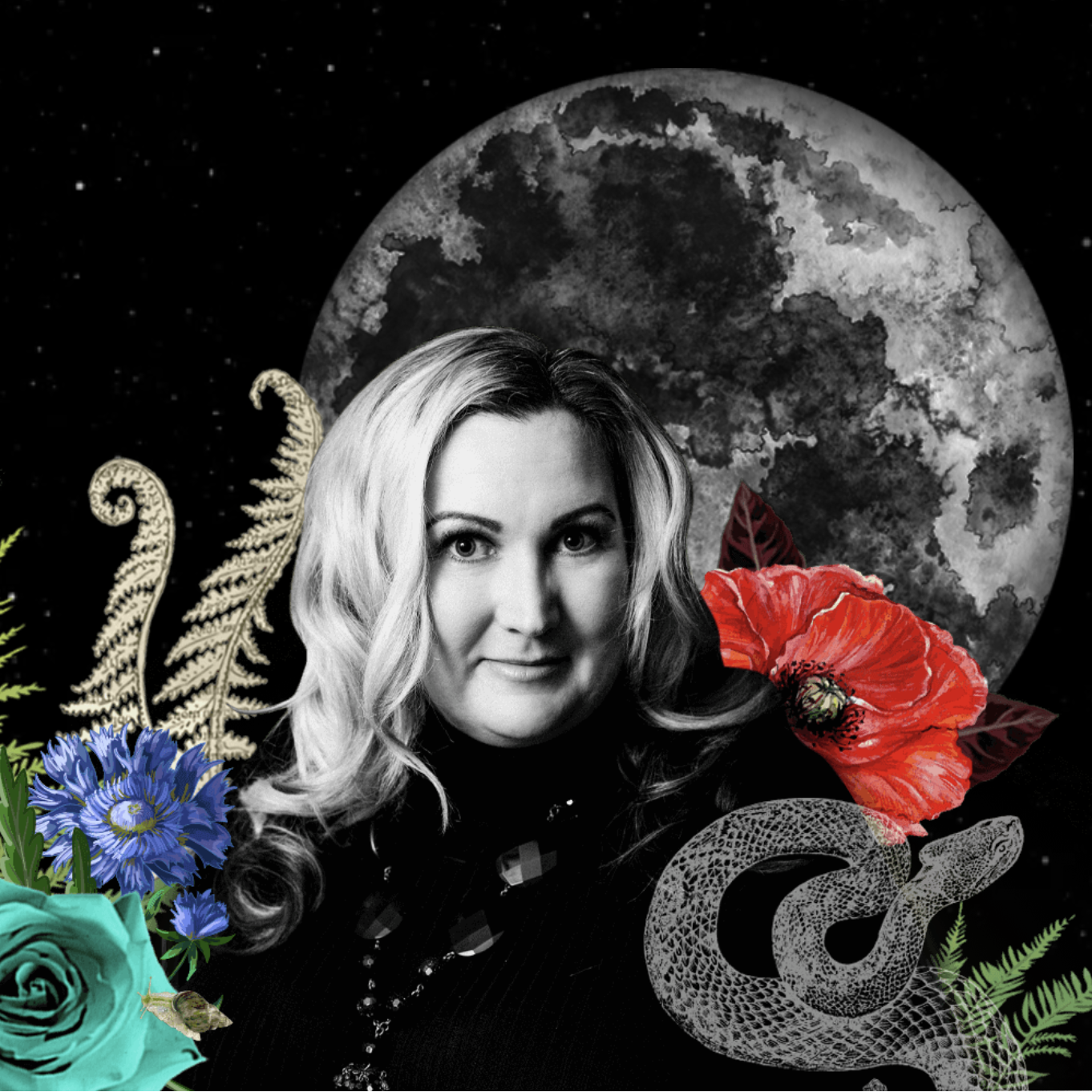
pssst…this essay is related to the book I’m writing about The Female Lifestyle Empowerment Brand.
If you’d like to learn more about the phenomenon and get updates and inside peeks at my works-in-progress, I send a Sunday Love Letter each week. You can subscribe here (and thank you!).
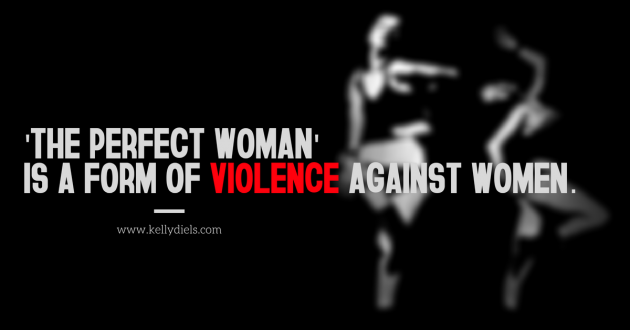
Imagine, if you will, an entire genre or industry devoted to helping a person become The Perfect White Man – and imagine that if and only if that person performs that role fully and impeccably will he then be tentatively and conditionally granted respect, approval, education, jobs, equal pay, housing, physical safety, career success, love, space in our culture, bodily sovereignty, representation, justice if he is harmed, plus the full rights of citizenship. Imagine if all of these goods are conditional upon his full embodiment and compliance with an externally imposed image of what he ought to be.
It’s a bit tough to imagine because entitlement rather than provisional inclusion is the cultural reality for straight white men.
This is, however, reality for white women and women of colour and anyone who does not conform to the mandates of what Audre Lorde calls ‘the mythic norm’.
For women in particular, it is only if we become The Perfect Woman that we are considered deserving of all the goods white men are entitled to for simply existing.
And the reason we have to earn the basics of survival – including the right to control our own bodies without interference – is because we, as women, as not-men, are subconsciously considered and culturally agreed to be inherently defective.
Riffing on something Shaun King writes, another example of the way this assumption of defectiveness and wrong-ness plays out is in the requirement that one be The Perfect Victim in order to expect justice. We can see this with the pattern of police killings and deaths-in-custody of black people in the United States. Twelve year old Tamir Rice, for example, was shot by police while playing with his friends on a day off from school.
A child.
Playing.
Playing with a toy gun, to be sure, but that is a pretty conventional childhood activity. As a barbie-loving white girl, I played with toy guns and bee-bee guns. This is a normal piece of normal North American culture. This is a picture of innocence. The child is not culpable; yet he was murdered within seconds of police arriving where he was playing. Immediately, however, police and pundits and media started calling him a man, or a child who looked like a man, and referring to his father’s criminal record.
The intent was to prove he was not innocent; that 12 year old Tamir Rice was not The Perfect Victim; and so was not deserving of life, liberty or happiness. By being black, by the inevitability of his black manhood and the threat that entails to a white supremacist culture, by being poor, by having a father with a criminal past, he cannot be The Perfect Victim.
And so he is not entitled to his life, his rights of citizenship, or justice.
This is specifically what the name and movement Black Lives Matter addresses. Black Lives Matter is an affirmation that all black lives matter, whether or not they meet the requirements of “respectable” or The Perfect Victim. Trans black lives matter. Disabled black lives matter. Drug addicted black lives matter. Female black lives matter. Irrespective of respectability or cultural acceptability, which is externally determined and therefore conditional, all black lives matter unconditionally.
And the reason this even needs to be said and the reason it’s controversial is because it contravenes the invisible social contract that says when we are not The Mythic Norm, we are wrong. We are not deserving. If we do not embody The Perfect Woman or The Perfect Victim or The Respectable Black Person (or or or) or if we inconvenience the powers-that-be by being too visibly not-white-men, we will be reminded that our rights are conditional and exist at the pleasure and whim of others. Right now, for example, polls and predictions show that if only men voted, Trump would win; Trump supporters are now tweeting “Repeal the 19th Amendment” – aka women’s right to vote. Our rights are apparently conditional upon aligning with their interests and convenience.
These perfect archetypes are intractable and mandatory. Marginalized peoples are required earn their conditional resources and rights by working ceaselessly on ourselves and against ourselves.
Black people have long known and explained that they have to work twice as hard to earn the same basic considerations extended to white people in our culture. They must be The Respectable Black Person in order to eke out an existence in our society. Any deviations – including things beyond one’s control, like who your parents are – disqualify you from those basic protections, rights and resources.
No rest for the wicked?
Exactly.
In our culture, there will be no rest for people of colour, for gay and queer people, for transgender people, for disabled people, for any women. Our sin is our existence and so we need to work ceaselessly on ourselves to rectify it.
We have to remedy those inherent defects through extravagant acts of self-discipline, self-modification, semi-starvation, silencing. We diet, we exercise, we bleach, we dye, we straighten, we weave, we shave, we carve, we bite our tongues, we work harder and longer, we get more formal qualifications, we read books and blog posts about how to be, we take courses on how to improve, we strive and struggle to meet expectations as partners, girlfriends, sex toys, mothers, wives, friends, caregivers, employees, daughters, friends. We do it all. There is always a set of rules we need to obey and a set of expectations we need to match and always, always, always more work to be done. The only way to get what we need is to change ourselves because simply by existing we are wrong. We are not men.
More specifically: we are not white men.
The Perfect Woman is a form of violence against women, but it is violence that we are required to enact against each other and ourselves.
[tweet_dis]Any time we encourage or teach another girl or woman – or ourselves – to be The Perfect Woman, we are doing harm to all women[/tweet_dis].
And that is what we do with The Female Lifestyle Empowerment Brand. The Perfect Woman is the archetype animating the industries and activities of The Female Lifestyle Empowerment Brand. In magazines, on talk-shows, on reality TV, in movies, in courses, in marketing, in blogs, in books, in tutorials and on social media, we hold out an archetype of The Perfect Woman – the woman who can get financial and social resources plus authority over other women; the woman who somehow manages to do the impossible and do it all; the woman who proves her superiority over other women with her cultural trophies, beauty and lifestyle – and instruct other women how to be it. We invoke it. We aspire to it. We subscribe to it. We demonstrate it. We write it. We teach it. We sell it. We buy it. We do it. We cheer each other on and we police it in each other. We pass it on to our children and we leverage it to get mates and jobs and money and respect.
Not because we are nefarious or wicked – no, let us not cosign that assumption – but because we are trying to successfully navigate a flawed system that assumes we are defective and requires that we prove otherwise in order to grant us rights and resources including attention and affection. We internalize those assumptions and cultural ghosts and even when we reject them, we still need to eat. We still need to get jobs. We still want love. And The Perfect Woman (or at least the not wildly natural, just-as-I-am woman) is the lever we have to press to get them. We are required to do violence against ourselves by working ceaselessly to change ourselves and display it – brand ourselves – in order to survive or, if we are thin and pretty and white, thrive.
It is political: if, as a woman you are not young and pretty and white and deliberately charming, you will be unlikeable and that is one of the worst sins a woman can commit. Just ask Hillary Clinton.
It is social: if, as a woman you are not young and pretty and white and likeable, you will not get the jobs, the prizes, the respect, the raises, the praise, the mentors, the audience, the safety, the wealth.
It is personal: if, as a heterosexual woman you are not thin, well-groomed, universally sexually available and a trophy, able-bodied, white, earning a healthy income in addition to being a flawless housekeeper, emotional labourer and mother, you will not be an attractive partner even to a mate who does not meet those requirements himself. (Indeed the entire premise of pick up artistry is to get in bed or in relationship with “valuable” women with a minimum of personal investment.)
The Perfect Woman keeps us on the treadmill of ceaseless work. We pull second and third shifts as workers, mothers, trophies. That work is violence.Exhaustion is violence. Overload is violence. The assumption of defect is violence. The requirement of endless intervention and change is violence. The conditionality of our rights and resources is violence. The fact that when we deviate from her prescriptions we become acceptable targets for humiliation, degradation, rape, abuse and murder reveals the violence underlying The Perfect Woman.
[tweet_dis]The Perfect Woman is a threat made against all women. Be her, or be violated.[/tweet_dis]
We are the co-creators of The Perfect Woman and The Perfect Woman is a form of violence against women.
This is devastating, yes.
But it also identifies a source of our power. We do not have to comply.
Instead of encouraging each other to work furiously to become The Perfect Woman, and cheering on our attempts and failures, we can fortify and sustain each other in becoming the centers of our own lives. We can meet in groups and encourage each other. We can strategize, we can raise our consciousness, we can organize, we can educate. We can debrief. We can disagree with each other, vehemently, and still press on because our commitment to each other – unlike our culture’s commitment to us – is unconditional. We can recognize that intersectionality is our strength and leverage it. We can refuse to make this a contest of conformity to yet another norm (white feminism) in which only a few women can triumph. We can raise our voices and take up space. We can quietly be there for each other and fill our cups at the well.
We can do this.
[tweet_dis]We can refuse The Perfect Woman and all the self-harm she entails[/tweet_dis].
Every inch you deviate from her is an inch of space you create for other women. If we all chip away, inch by inch, where we are and with whatever influence and tools we have, the archetype that is our prison will crumble.
It cannot stand without us.
It cannot stand.
This essay is related to the book I’m writing about The Female Lifestyle Empowerment Brand.
If you’d like to learn more about the phenomenon and get updates and inside peeks at my works-in-progress, I send Sunday Love Letters each week. You can subscribe here (and thank you!).

